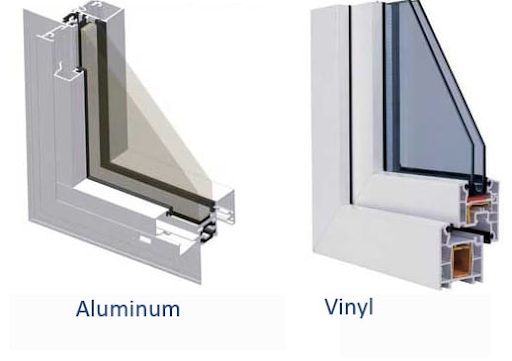
Homeowners planning to replace their windows often face the debate of vinyl windows vs aluminum windows. While both materials offer unique advantages, energy efficiency remains one of the most critical considerations for long-term comfort and savings. Understanding how each option performs under different conditions helps buyers make informed choices that benefit both their home and budget.
Understanding Material Properties
Vinyl and aluminum differ significantly in their construction and response to temperature changes. Vinyl is a non-conductive material, meaning it does not easily transfer heat or cold. This quality enables it to provide strong insulation, keeping interior spaces more stable throughout the year. Aluminum, on the other hand, is highly conductive. While this makes aluminum windows durable and long-lasting, it also means they often transfer outside temperatures into the home unless they include a thermal break or insulation.
Energy Efficiency Performance
When comparing the efficiency of vinyl windows vs aluminum windows, vinyl often comes out ahead in residential applications. Vinyl frames naturally reduce heat loss and minimize drafts. In colder climates, this insulation makes a noticeable difference in reducing heating costs. Aluminum windows, however, can sometimes result in heat transfer and condensation, which lowers their thermal performance. Newer models of aluminum windows have been engineered with thermal breaks to improve efficiency, but they still generally lag behind vinyl in energy-saving capabilities.
Durability and Maintenance Considerations
Durability plays a role in energy efficiency because a well-maintained window performs more effectively at retaining conditioned air. Aluminum is more resistant to warping, cracking, or fading, making it an excellent option in high-traffic or commercial buildings. Vinyl, while lower in strength compared to aluminum, resists moisture damage and does not corrode. This means vinyl maintains its insulation properties over time with minimal upkeep, contributing to long-term efficiency. Both materials can last for decades, but their performance in energy retention differs based on climate and the quality of installation.
Climate and Regional Suitability
Choosing between vinyl windows vs aluminum windows often depends on the climate where the windows will be installed. In hot, humid environments, aluminum may experience condensation but withstands sun exposure without fading. Vinyl excels in moderate to cold climates, where insulation and energy savings are most important. For homeowners in coastal areas, aluminum’s strength can help resist wind and storm damage; however, additional energy considerations may still favor vinyl when long-term heating and cooling costs are evaluated.
Cost and Return on Investment
Energy-efficient windows should be seen as an investment rather than just a purchase. Vinyl windows typically cost less upfront and provide significant energy savings over time, making them a preferred option for budget-conscious homeowners. Aluminum tends to be more expensive due to its strength and design flexibility; however, unless a thermal break is included, the energy savings may not offset the higher price. Considering both initial investment and long-term utility bills, vinyl often offers a faster return on investment in energy efficiency improvements.
Aesthetics and Customization
While efficiency is the focus, appearance also matters. Aluminum windows offer slimmer frames and greater design flexibility, making them an attractive choice in modern architecture. Vinyl provides fewer design options but continues to improve in variety and style. The choice between efficiency and aesthetics sometimes influences whether homeowners prioritize the insulation benefits of vinyl or the sleek design features of aluminum.
Conclusion
For homeowners evaluating vinyl windows vs aluminum windows, energy efficiency often makes vinyl the more favorable option in residential spaces. While aluminum offers strength and durability, its thermal conductivity can limit its ability to reduce energy costs without additional enhancements. Vinyl, on the other hand, naturally insulates and delivers consistent performance, making it a reliable choice for the long term. When comparing overall performance, cost, and insulation, the advantages of vinyl windows vs aluminum windows become clear for those prioritizing energy savings.

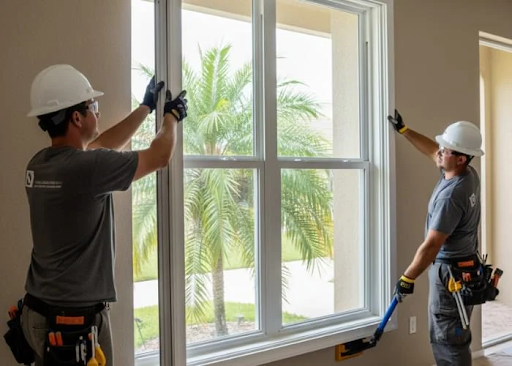
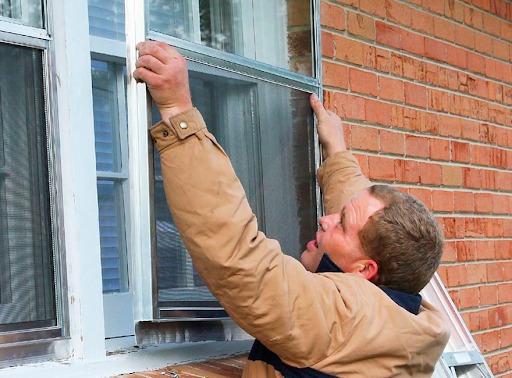
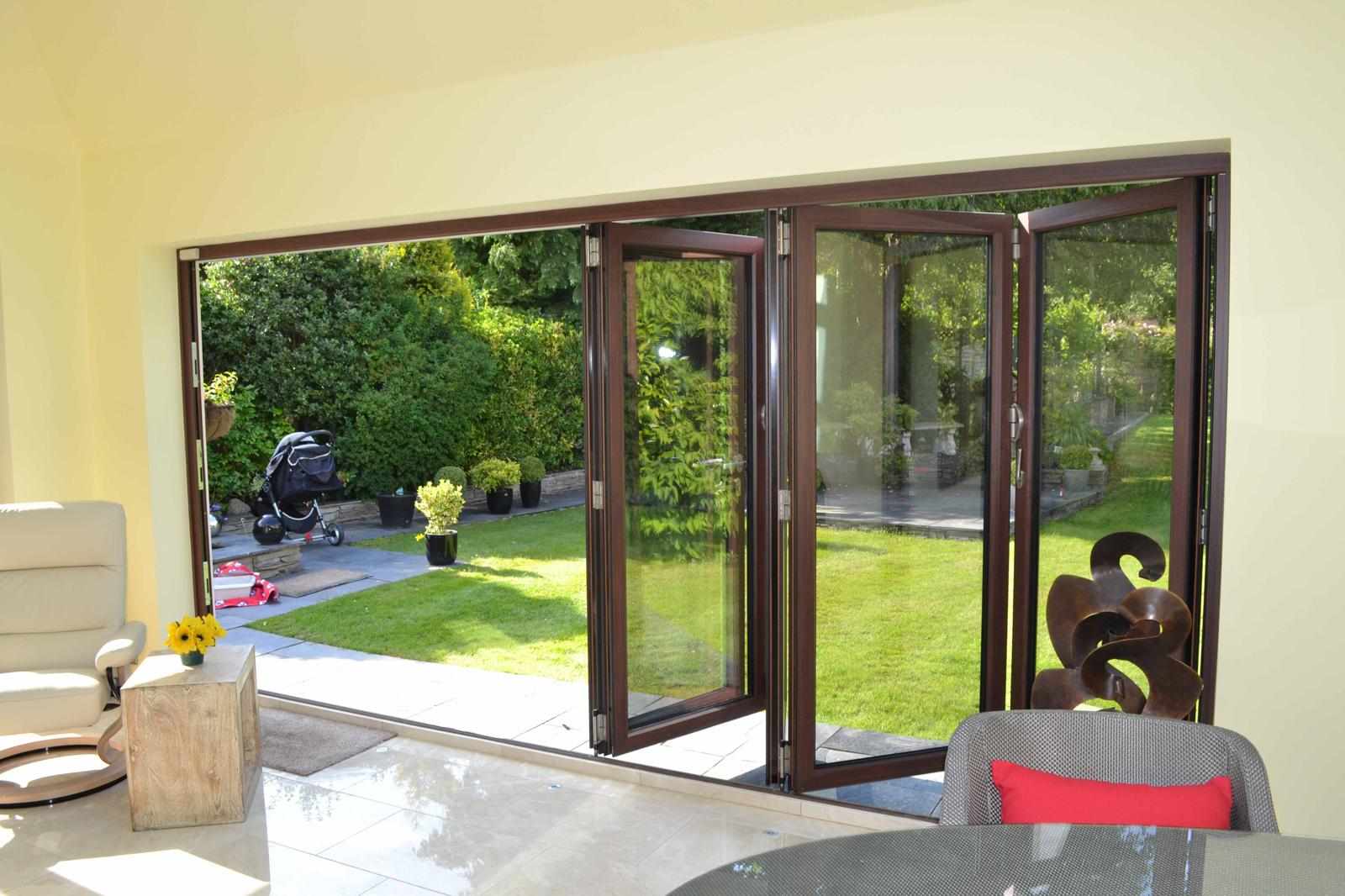
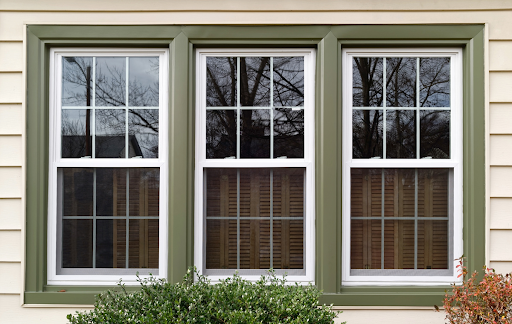
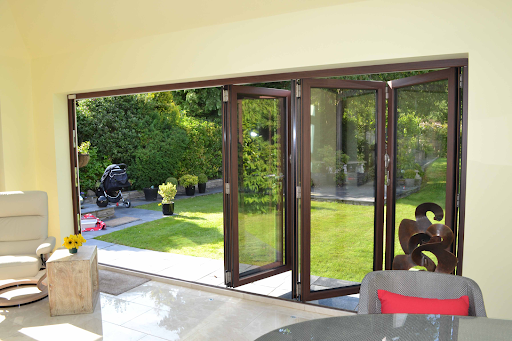
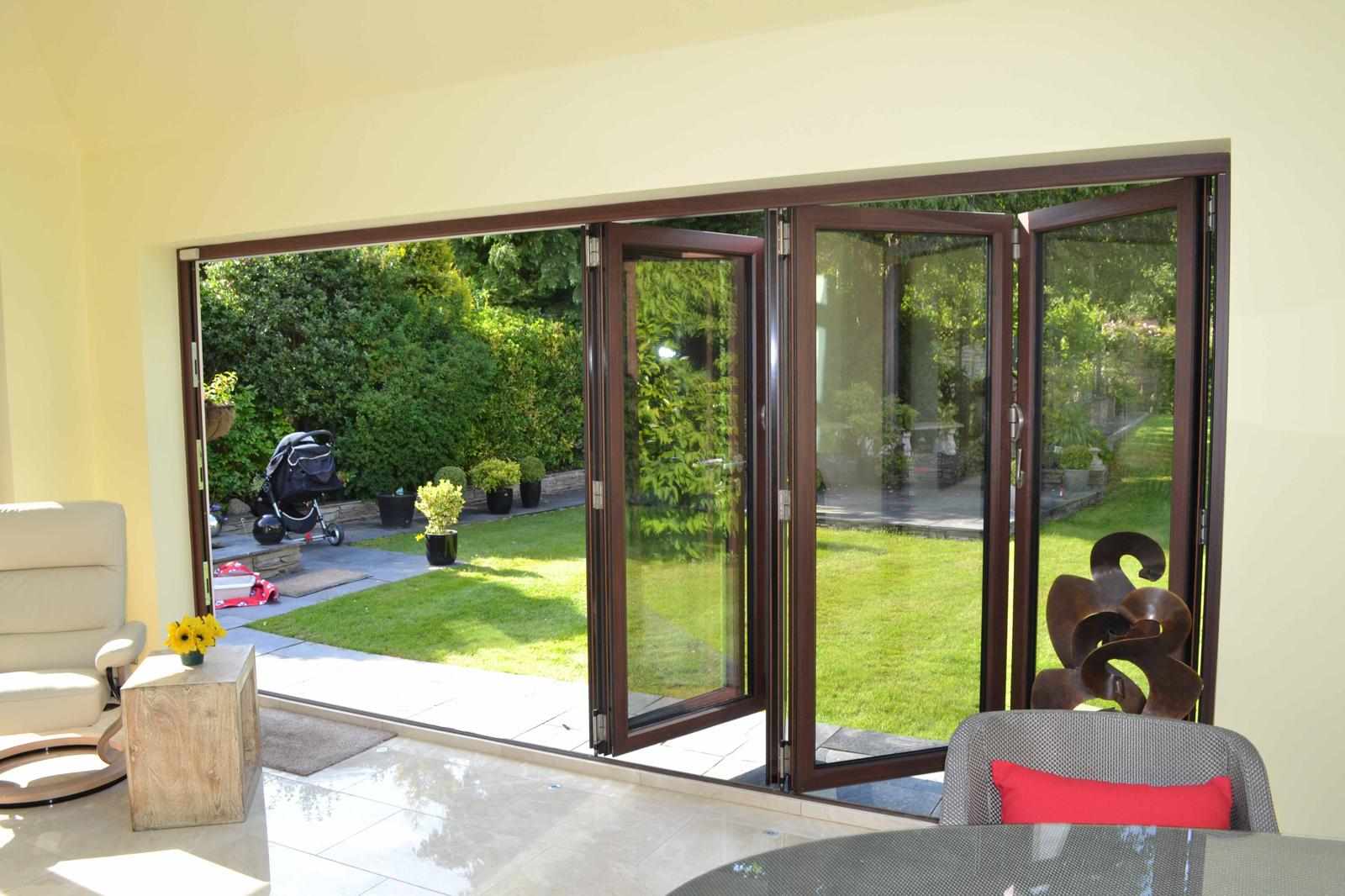
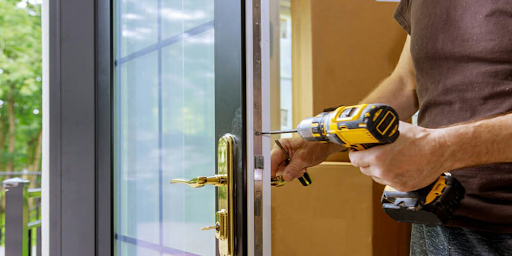

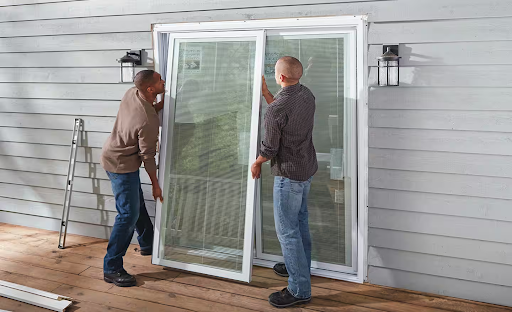
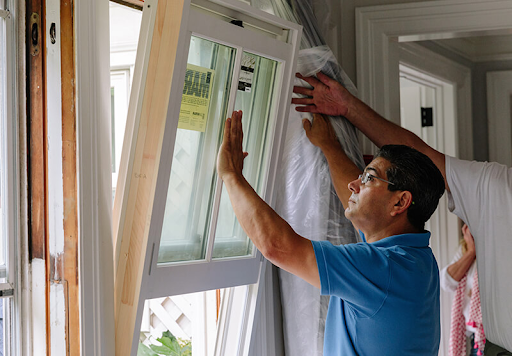
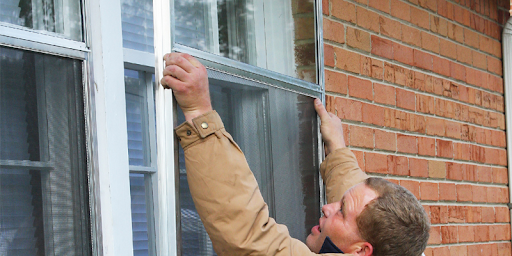
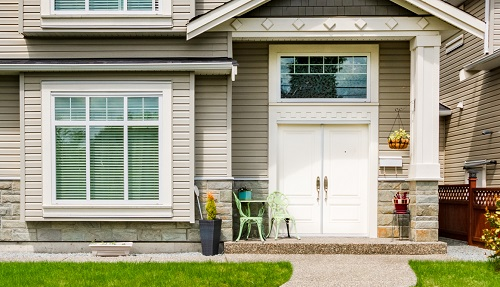

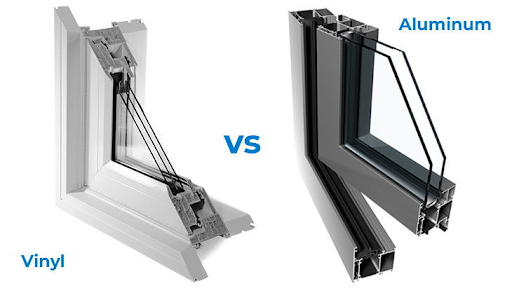
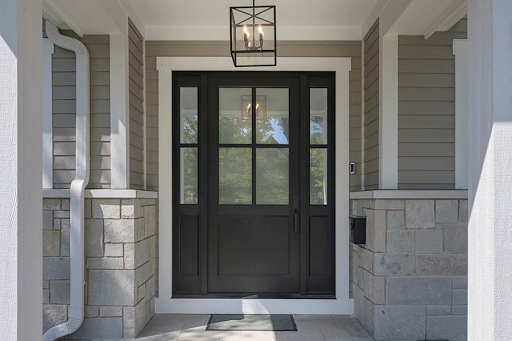
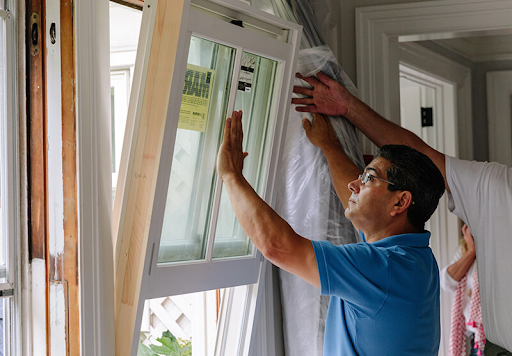

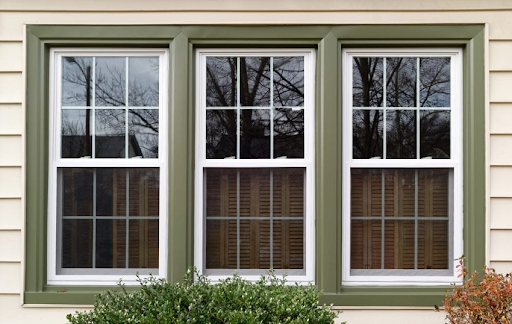
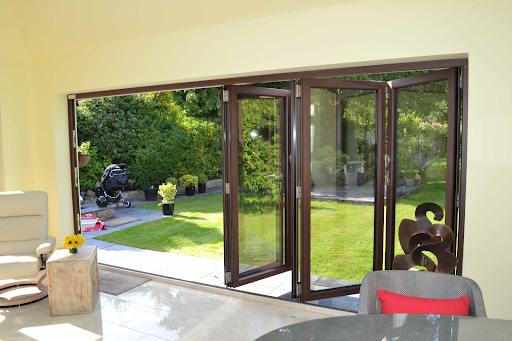
Write a comment ...